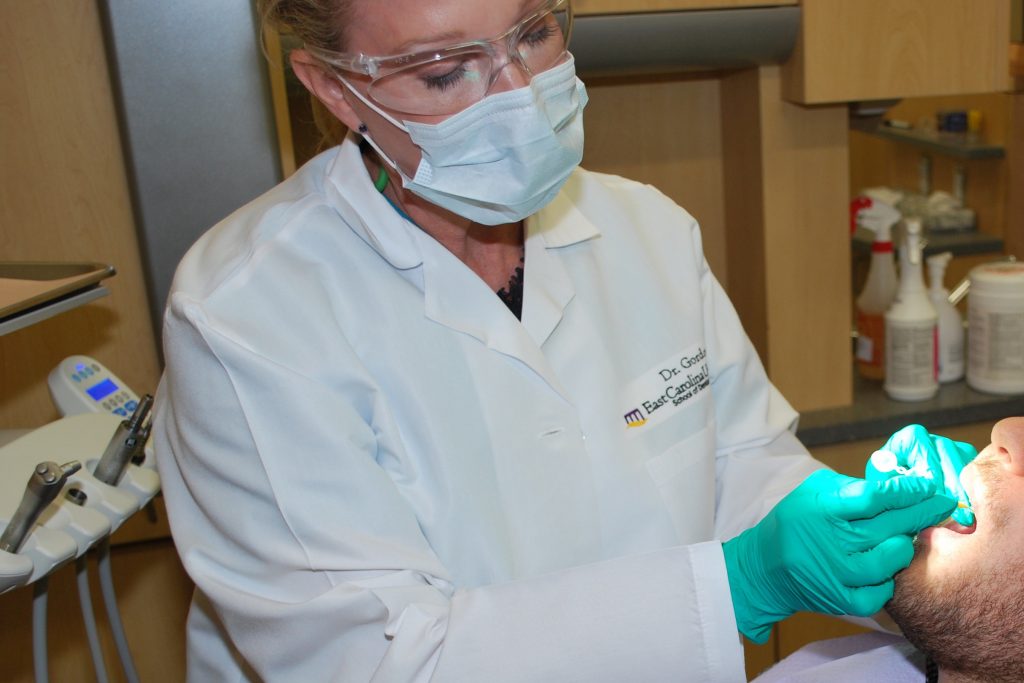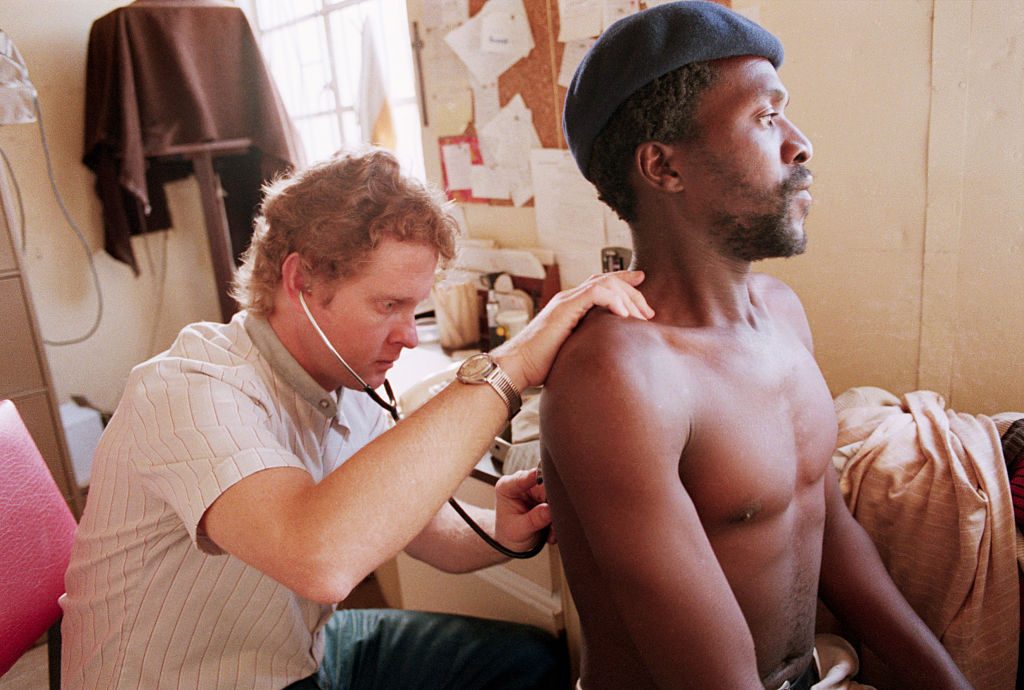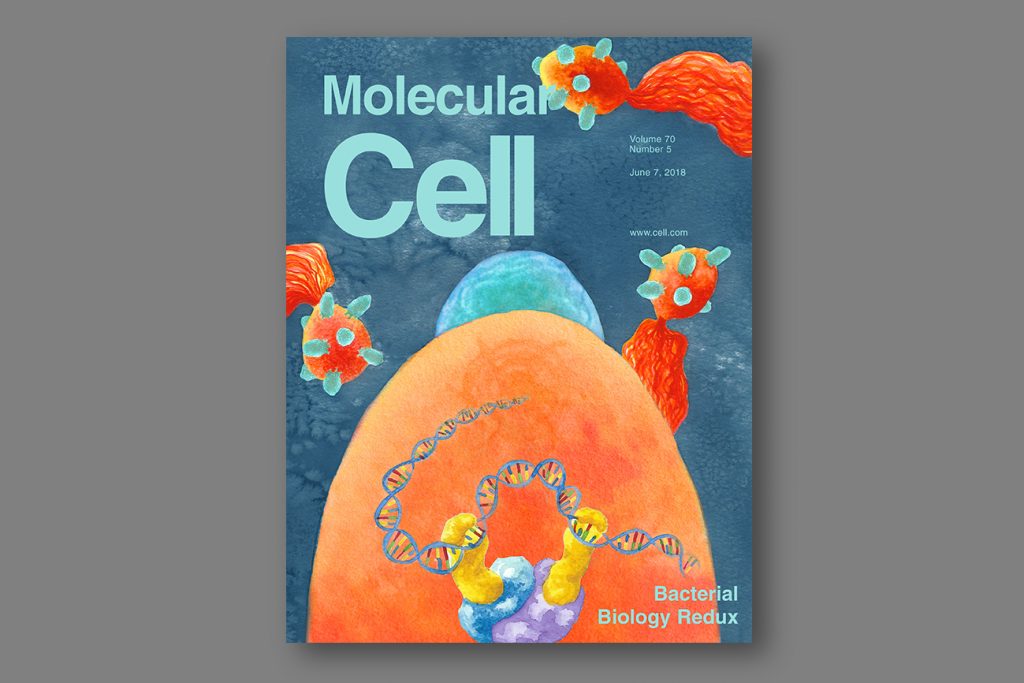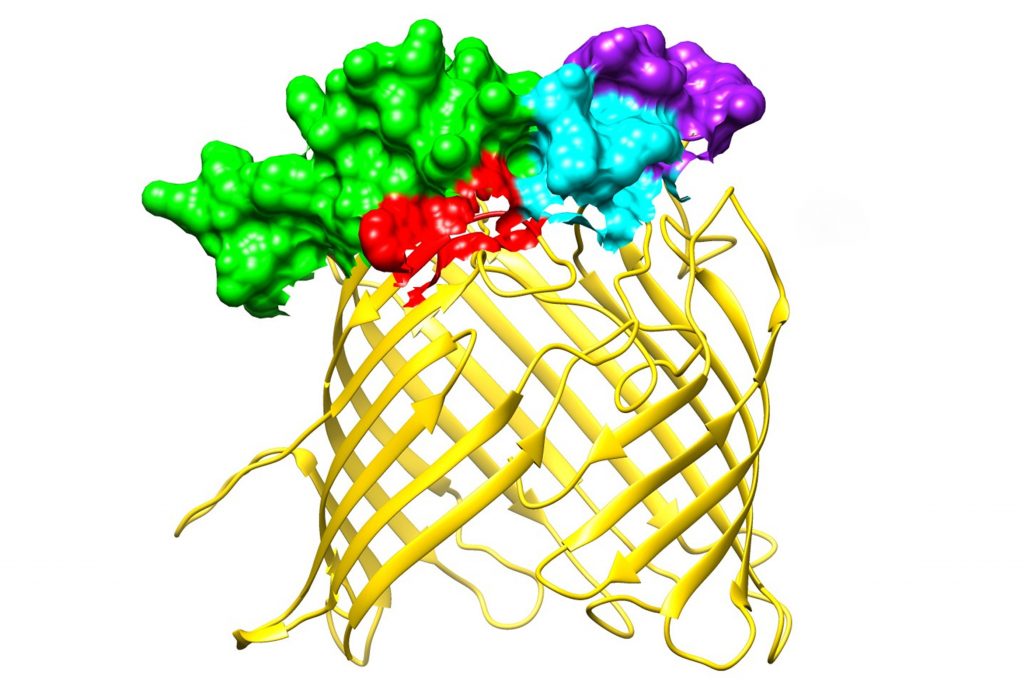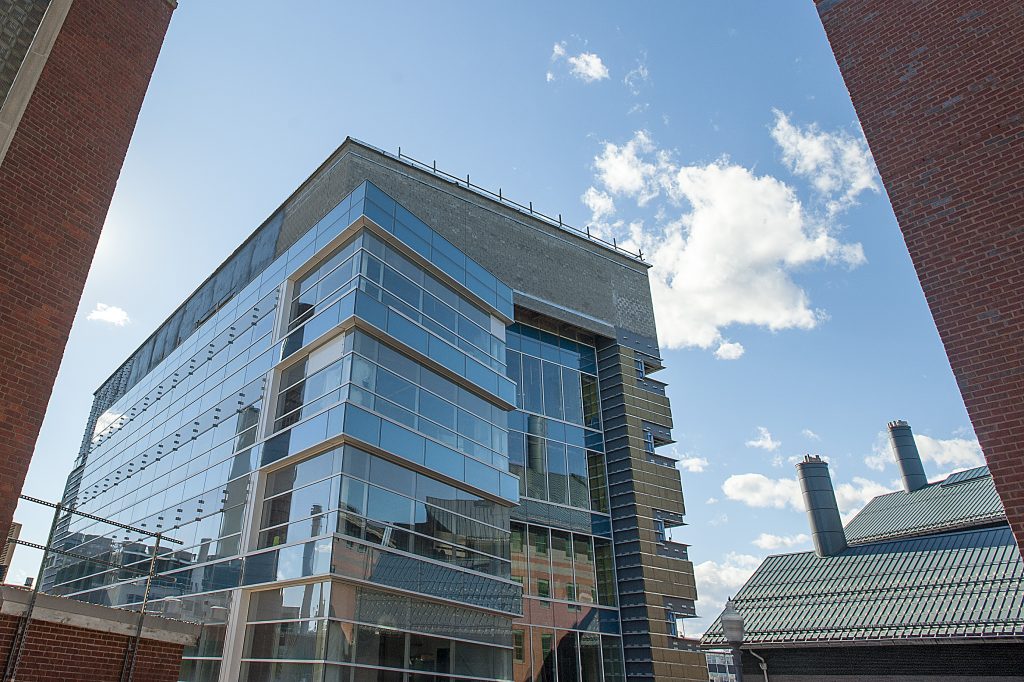UConn Health
Insight into Cells that Convey Data from Eye to Brain
'This knowledge could help develop more effective therapeutics to treat optic neuropathies and glaucoma,' says Ephraim Trakhtenberg of UConn Health, who led the study with The Jackson Laboratory.
July 19, 2018 | Combined Reports
New Guidelines to Help Diagnose, Manage Rare Endocrine Disorders
UConn Health researcher Dr. Emily Germain-Lee hopes the publication of guidelines she co-authored will lead to better care for patients worldwide.
July 18, 2018 | Lauren Woods
Meet the Researcher: Wizdom Powell, Health Disparities
In a recent conversation over coffee with Wizdom Powell, PhD, director of UConn’s Health Disparities Institute (HDI), two words kept popping up: commitment and passion. Powell leaves no doubt that she is both committed and passionate when it comes to her work, the communities she serves, and improving health outcomes for underrepresented populations. Powell, who […]
June 29, 2018 | Jessica McBride, PhD
New Dental Dean Named
Sharon M. Gordon will be the first woman to serve as dean of the dental school in its more than 50 year history.
June 28, 2018 | Lauren Woods
Racial, Ethnic, and Sexual Minority Males Among Unhealthiest People in U.S., Report Finds
For example, African-American men consistently have life expectancies six years shorter than white men, according to the study led by Wizdom Powell of UConn Health.
June 18, 2018 | Kaitlin Luna, American Psychological Association
Scientists Discover Roles and Teamwork of CRISPR-Cas Proteins
Research out of UConn Health and the University of Georgia explains the way these proteins work together to save the cell and achieve immunity.
June 13, 2018 | Jessica McBride, University of Connecticut, and Jessica Luton, University of Georgia
Syphilis Discovery Raises Possibility of Vaccine
UConn Health researchers have identified proteins on the outside of the bacteria, opening up the possibility of the world's first vaccine.
June 12, 2018 | Kim Krieger
UConn Celebrates Opening of Innovative New Engineering & Science Building
The new building addresses a pressing need for space within the School of Engineering, where enrollment has doubled over the past decade.
June 11, 2018 | Combined Reports
African-Americans Still Disproportionately Affected by HIV
Ten years after a call for action, HIV diagnoses continue to rise in the African-American community, according to a new study led by UConn Health's Dr. Cato Laurencin.
June 5, 2018 | Combined Reports
For Anxiety, Single Intervention Is Not Enough
'We need a different model for mental health, one that includes regular checkups,' says UConn Health psychologist Golda Ginsburg.
May 30, 2018 | Kim Krieger



